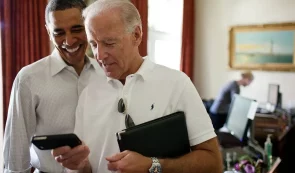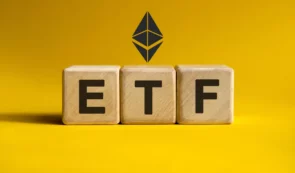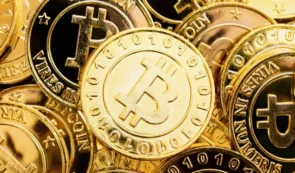Is France Turning its Back on the US Dollar and Backing Chinese Yuan?

In April, French President Emmanuel Macron faced backlash for his controversial remarks in an explosive interview following a state visit to China.
Macron cautioned against Europe becoming mere followers of the United States and emphasized the need for strengthening European autonomy. He expressed concerns that European countries could become subservient to either power in times of escalating tensions between the United States and China.
Macron’s Call for Reducing Reliance on the U.S. Dollar
These statements prompted European policymakers to engage in damage control. Polish Prime Minister Mateusz Morawiecki proposed a strategic partnership with the United States instead of pursuing strategic autonomy away from it.
However, one remark by Macron, which went largely unnoticed, could have significant implications. He suggested that Europe should reduce its reliance on the “extraterritoriality of the U.S. dollar,” referring to the ability of the United States to deny countries access to the globally dominant dollar-based financial system.
This concern stemmed from former U.S. President Donald Trump’s decision to withdraw from the Iranian nuclear deal, which resulted in stringent sanctions and criticism from Europe regarding the alleged “weaponization” of the dollar, undermining European sovereignty.
French Companies Embrace the Yuan
Deals made during Macron’s visit to China indicate France’s willingness to address this concern. One notable deal involved French shipping company CMA CGM and China State Shipbuilding Corporation, which finalized the largest shipbuilding order in China to date, valued at 21 billion yuan ($3.1 billion) and made in Chinese yuan, not U.S. dollars.
Similarly, France’s Total Energies and China National Offshore Oil Corporation concluded China’s first purchase of liquefied natural gas (LNG) in yuan through the Shanghai Petroleum and Natural Gas Exchange.
Dr. Mathieu Duchâtel, the director of international studies at Institut Montaigne, a Paris-based think tank, observed that French companies seek protection against perceived risks associated with the dollar. He highlighted that China utilizes this opportunity to reduce its exposure to American financial extraterritoriality.
READ MORE: Best-Selling Author Robert Kiyosaki Sounds Alarm: Crash Landing Ahead
By conducting yuan instead of dollars transactions, French companies eliminate the need for U.S. banks as intermediaries. Additionally, holding Chinese currency allows direct purchases in China without involving the United States as a middleman.
Such arrangements could potentially reshape the global role of Chinese banking institutions, as the internationalization of the yuan would elevate their position in the international financial system.
Growing Global Trend of Embracing the Yuan
This shift follows a growing trend of countries embracing the yuan for international trade. For example, Israel added the yuan to its foreign currency reserves last April, and Egypt announced its intention to issue government bonds in yuan in August. Iraq plans to settle trade with China in yuan, and Brazil has completely abandoned the dollar in its commerce with China, opting for trade in mutual currencies as agreed with Beijing.
During his visit to China, Brazilian President Luiz Inacio Lula da Silva openly criticized the centrality of the U.S. dollar. He questioned why every country had to rely on the dollar for trade and expressed the belief that countries should be able to export in their own currencies.
While these renminbi-denominated deals may suggest broader French support for the internationalization of China’s currency, it is still too early to determine Paris’s stance on the issue. Dr. Duchâtel cautioned that, at this stage, there is only anecdotal evidence, but the trend is worth monitoring.














